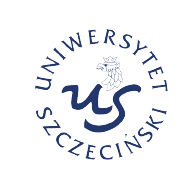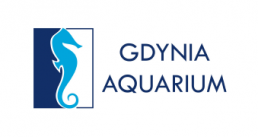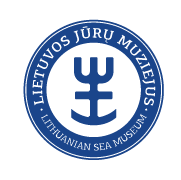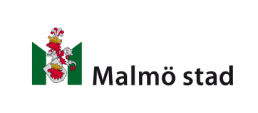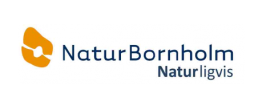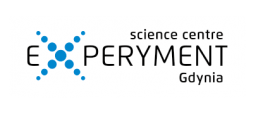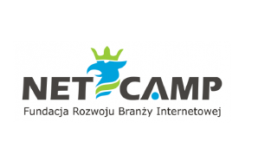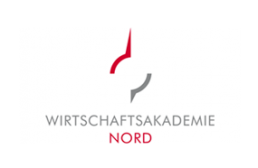9 partners and 7 associated partners - Get to know the BalticMuseums Love IT! team!
The University of Szczecin
is the biggest higher education institution in north-west Poland. It was founded on 1st September 1985 through the merger of three education institutions – Academy of Commerce, Faculty of Engineering and Economics of Technical University and Higher School of Pedagogy.
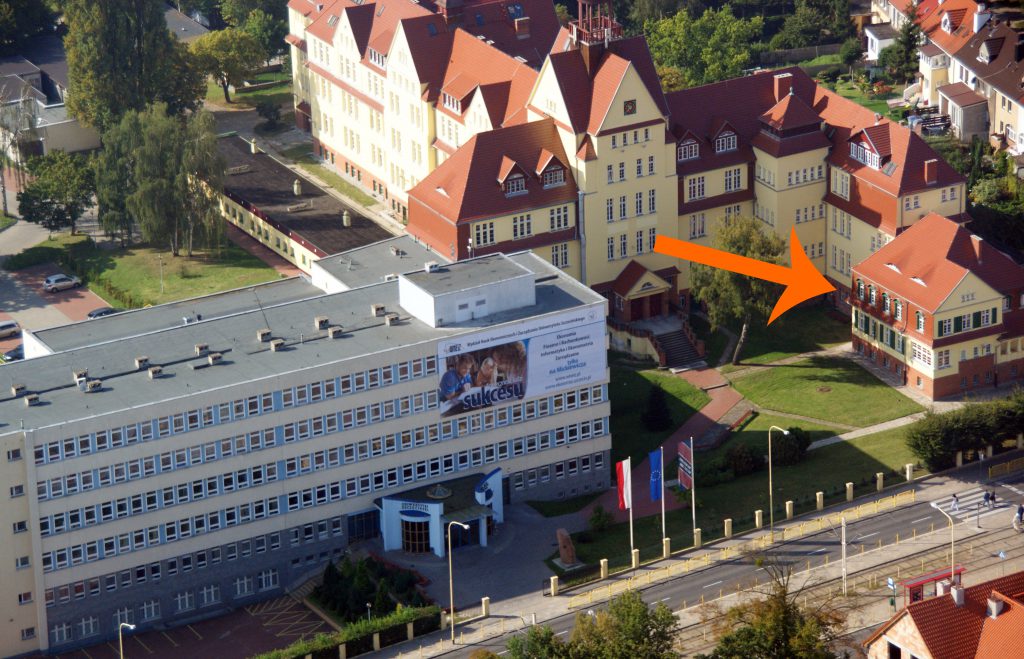
The University can boast full academic autonomy; its faculties have the right to confer the titles of Bachelor, Master, Doctor and Assistant-professor.
The University of Szczecin employs over 1,100 academic teachers and educates 20 thousand students, who are following full-time, evening and part-time studies in 44 subject areas at ten faculties: Faculty of Economics and Management, Faculty of Humanities, Faculty of Philology, Faculty of Law and Administration, Faculty of Management and Economics of Services, Faculty of Mathematics and Physics, Faculty of Biology, Faculty of Geosciences, Faculty of Theology and Faculty of Physical Education and Health Promotion.
The Faculty of Economics and Management, where the BalticMuseums Love IT! project is being run, has good traditions in the field of economics, finance and management. Our office is pointed by orange arrow, small building, first floor, room 6.
Up till now the Faculty has promoted approximately 30,000 MSc in economics and has granted more than 400 Ph.D. degrees in economics.
There are several areas of study available at our Faculty: Economics, Finance and Accounting, Management, IT and Econometrics, Entrepreneurship and Investments, Real Estate Management, Economic Analytics, Economics and Law. There are also two areas of study realized entirely in English: Economics and IT Applications and Public Management and one in German: Wirtshaftsinformatik, realized together with the Fachhochschule Wismar.
University of Szczecin is engaged in cooperation confirmed by bilateral agreements with about 50 universities and research institutions worldwide and is an acknowledged partner in research and education. In the recent years University of Szczecin realized a lot of projects, acquiring funds equaling ca. 5 mln euro, mostly from the EU.
Stralsund University of Applied Sciences
The university has a distinctive profile focussing on computer science, engineering, tourism and business. It focusses on practice-oriented, interdisciplinary teaching and research, which is relevant to society and to the students’ future professions.
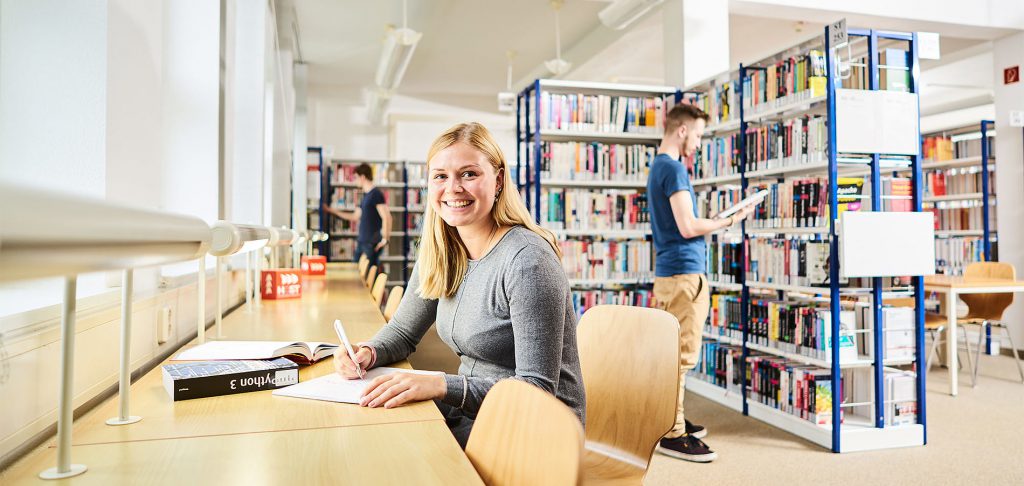
The three schools of Electrical Engineering and Computer Science, Mechanical Engineering as well as Business Studies offer Bachelor and Master degrees with a large number of specialisation modules and host about 2500 students.
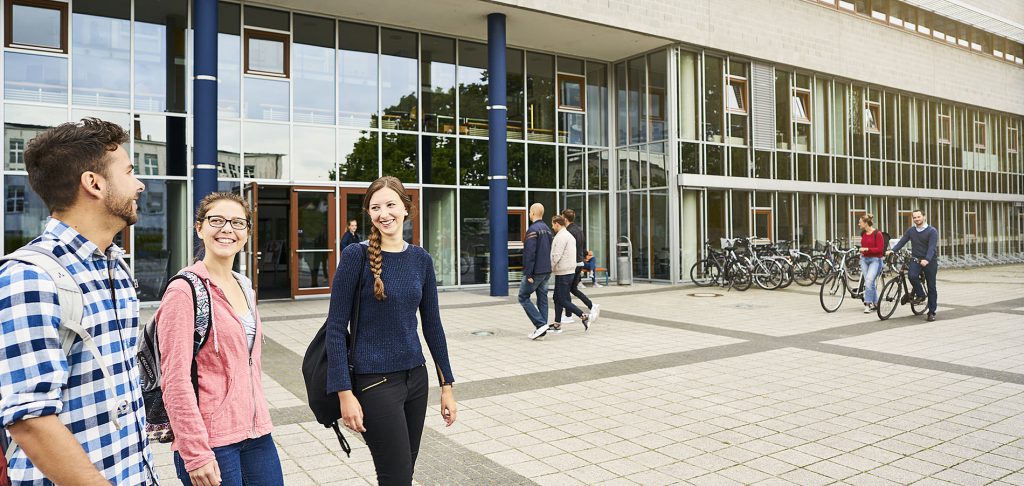
The university encourages internationalisation in the fields of teaching and research. Being situated in the North-east of Germany, it is especially committed to the Baltic and Eastern European regions. With established close links to the industry as well as to various national and international institutions, it supports the development of the local economy; in particular, it promotes small and medium-sized companies in the area of Western Pomerania.
Within the BalticMuseums LoveIT! project, Hochschule Stralsund – University of Applied Sciences is one of the scientific partners within the consortium. At the university, the project is lead by Prof. Dr Michael Klotz, bringing a wealth of experiences to the project group based on the former leading partner position in the past projects BalticMuseums 2.0 and BalticMuseums 2.0 Plus.
The Gdynia Aquarium, which is part of the National Marine Fisheries Research Institute, is a zoological garden that is home to over 1,600 aquatic animals belonging to more than two hundred species from every corner of the world.
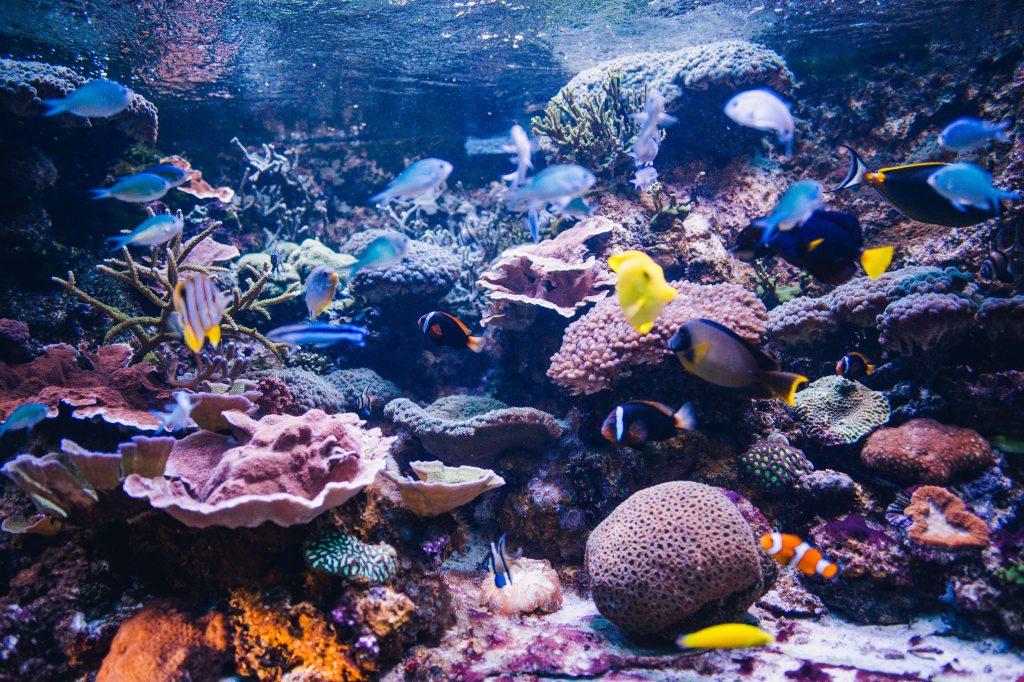
The NMFRI Gdynia Aquarium takes an active role in public education, the goal of which is to disseminate knowledge about marine biology, ecology, and environmental protection.
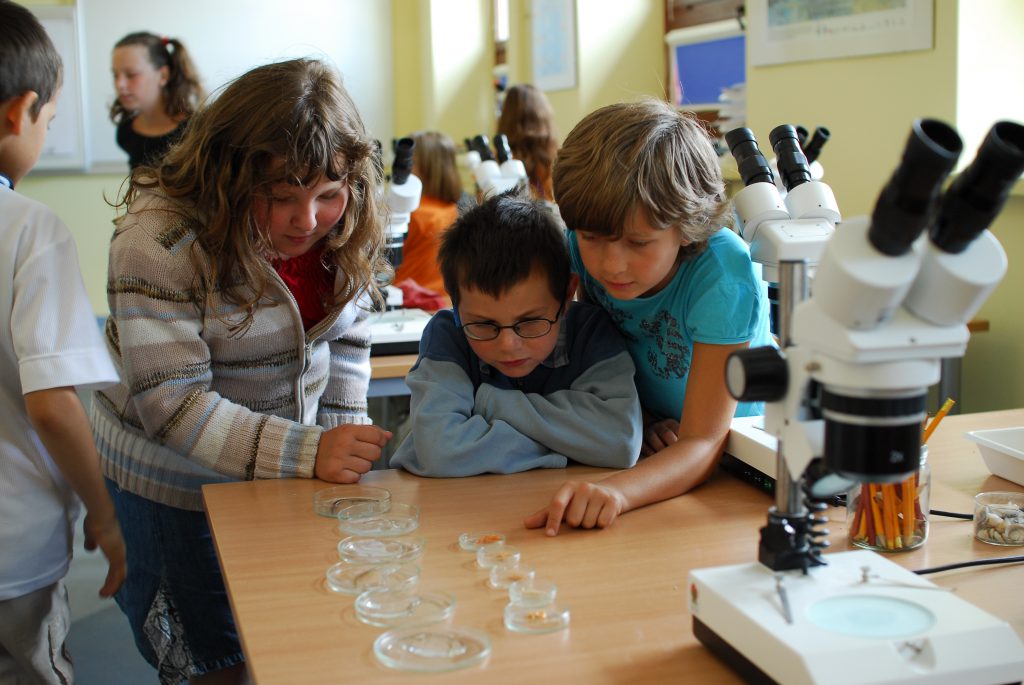
The NMFRI Gdynia Aquarium takes an active role in public education, the goal of which is to disseminate knowledge about marine biology, ecology, and environmental protection.
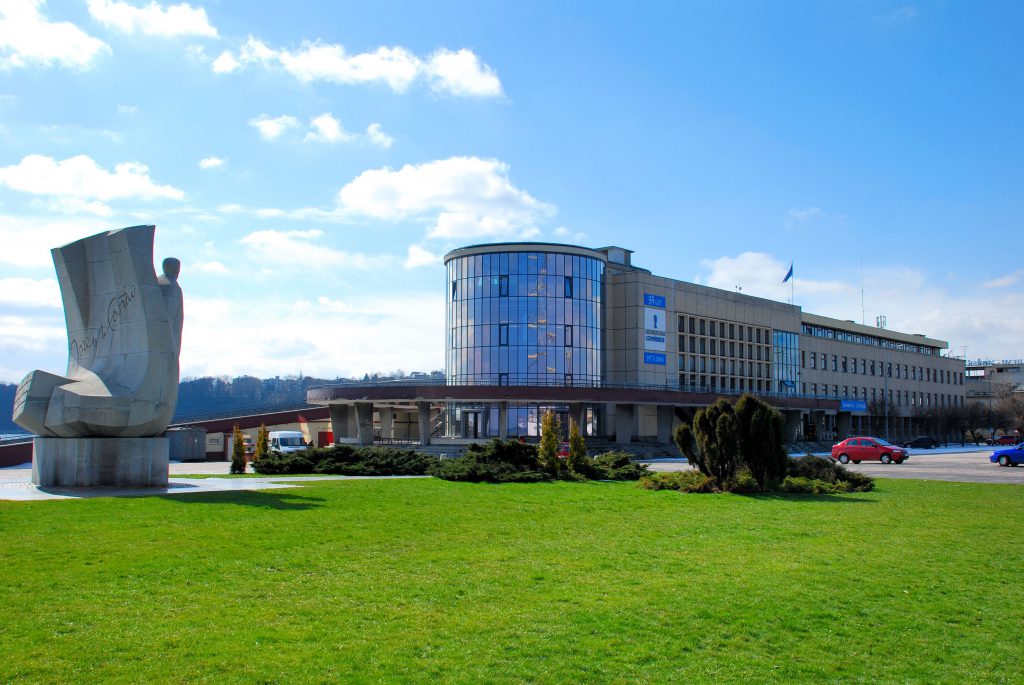
Lithuanian Sea Museum
is a unique maritime complex, established in a former XIX c. fort, situated on the eastern coast of the Baltic Sea right at the entrance to Klaipeda Port. It presents exhibitions of sea fauna and navigation history, aquarium and dolphinarium.
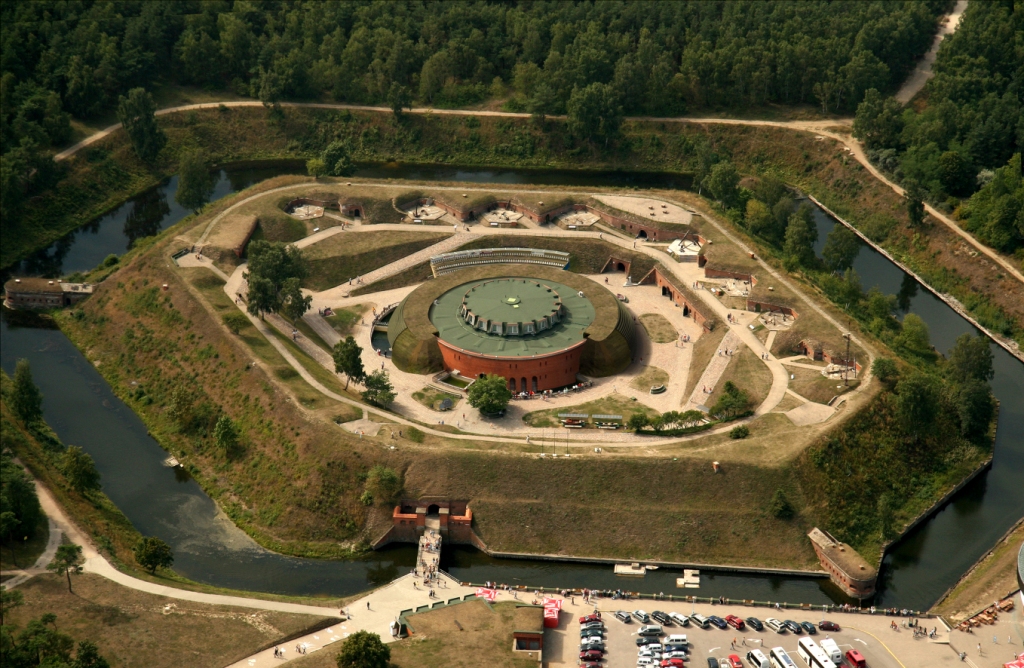
The aquaria of the museum with a total capacity of 111 t host Lithuanian freshwater fish, fish from the Baltic Sea and tropical seas. The central tank houses sturgeons from the Caspian Sea.
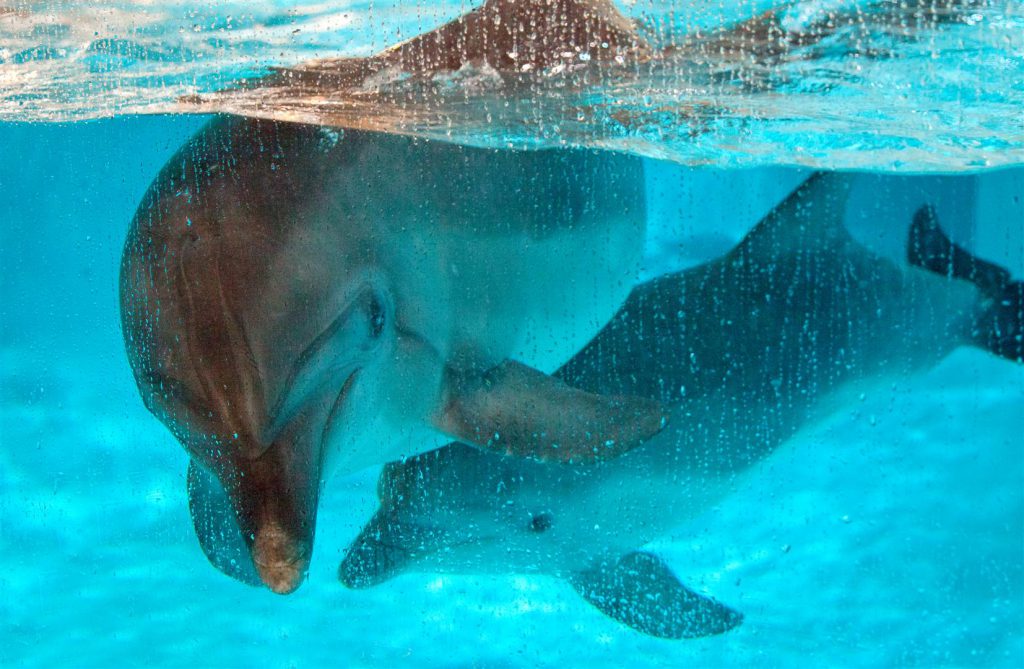
A modern exhibition of sea fauna presents an impressive collection of shells and corals, tells the history of life development at the sea, and surprises visitors with a display “Predatory and Dangerous Sea Animals: Myths and Reality”.Indoor and outdoor pools of the museum house penguins, Baltic Grey Seals, Eastern Atlantic Harbor Seals, Steller Sea Lions, Black Sea bottlenose dolphins, and California Sea Lions.
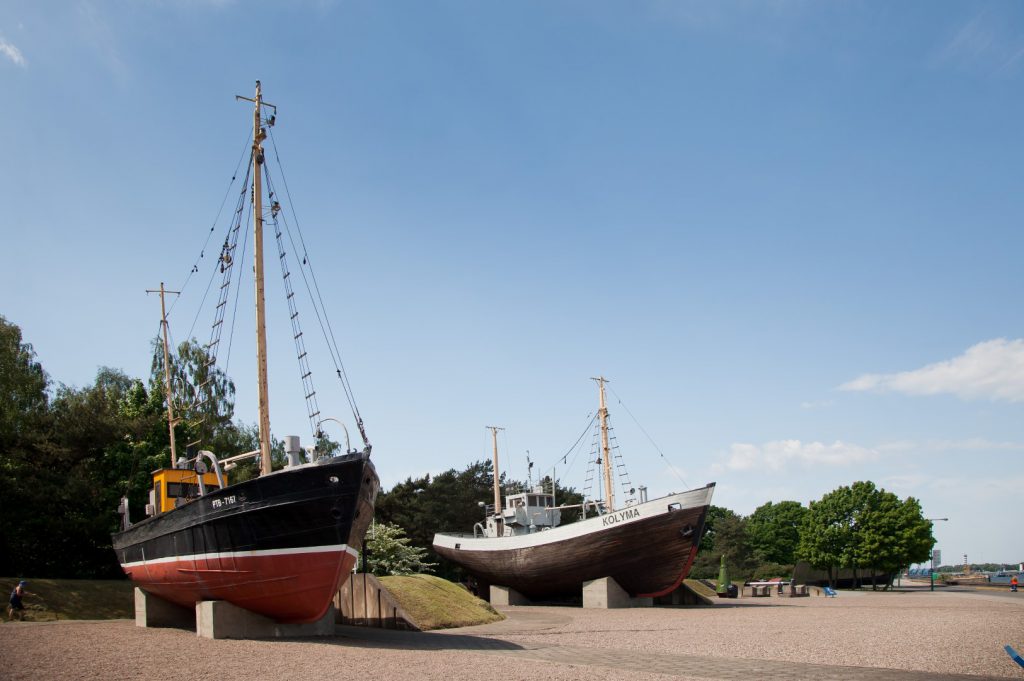
The exhibition of navigation history, presenting ship models and ancient findings as well as anchors, is displayed in the poterns, casemates and caponieres of the historic fort, while the real-size ships are placed on the ground of old fishing vessels. Ethnographic fisherman‘s farmstead exposes typical farm buildings of the 19th c.
Receiving up to 400 000 visitors a year, the Lithuanian Sea Museum is one of the most attended museums in Lithuania.
A multiplicity of Lithuanian Sea Museum’s exhibitions enables various forms of activities: educational, environmental, and public awareness raising events; temporary exhibitions and traditional festivals.
Since 2002 participating in the EU programmes, the Lithuanian Sea Museum has been a partner in a number of EU projects and gained relevant international experience.
At Malmö Museer
you can see everything from the Nordic region´s oldest surviving Renaissance castle to a real submarine, a new aquarium and fantastic vehicles.
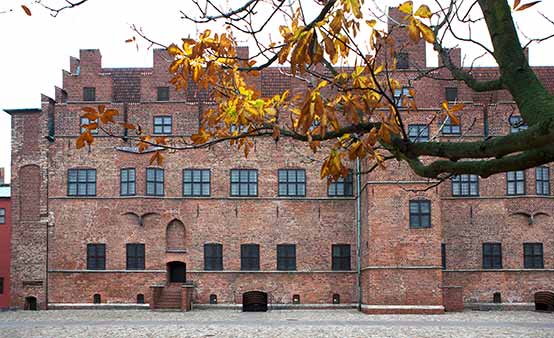
The museum´s permanent exhibitions focus on history, natural history, technology and seafaring. There are also about a dozen temporary exhibitions every year. Malmö Museer is responsible for the preservation of the cultural environment and has extensive collections, including those of textiles and photography.
NaturBornholm
is the place on the island of Bornholm, where everyone should start holidays. NaturBornholm literally opens the nature of Bornholm and inspires the guests to find new experiences outside the roads and paths of the highly coloured brochures.

With texts and illustrations, plants, animals and rocks plus inside- and outside activities for children, the story of the Bornholm underground is told together with the present time multiple nature.
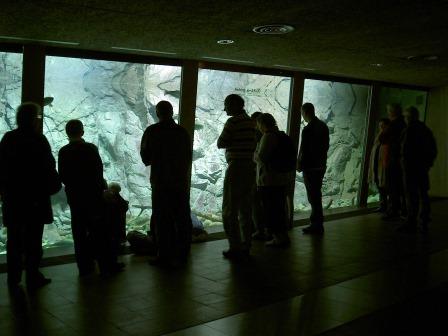
Our subject is both living nature fossils and geology.
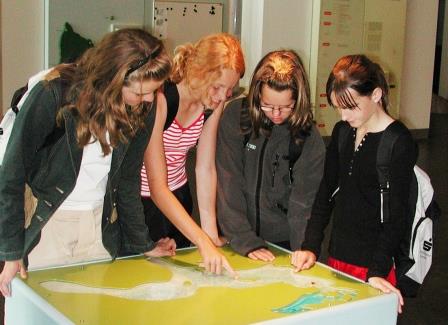
We guide tourists, schoolkids on travel and local school kids.
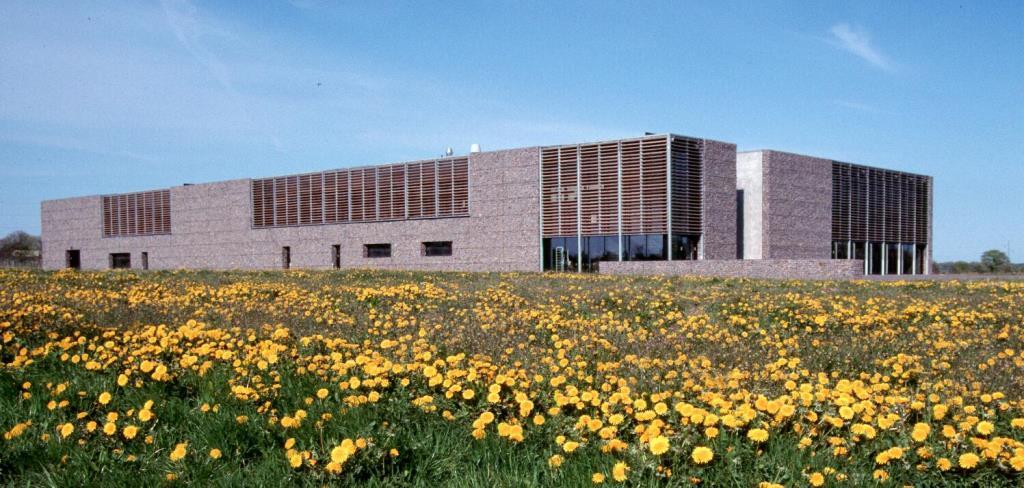
The museum is a large house (3800 sqm.) with few (20) employees. Many are only employed in the 7 months season.
Experyment Science Centre
is a legal entity registered in the local register of cultural institutions.
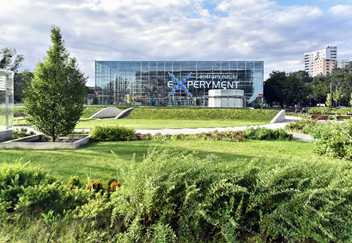
Supervision of administrative and financial activities of EXPERIMENT, disposing of allocated public funds and property management, in terms of legality, efficiency, efficacy, reliability, transparency and publicity holds Municipality of Gdynia.
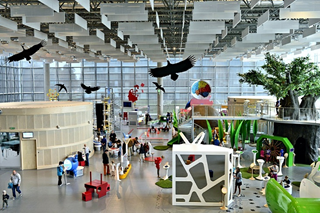
Main tasks:
- explaining of nature phenomena and processes with the help of interactive exhibitions and educational activities,
- inspiring by interest in natural sciences and technical promotion of active education,
- modern methods of education and learning throughout life
- a popularization of science, technology and modern technology in order to show the importance of
- science and technology in everyday life of modern man,
- the development of the knowledge economy,
- dissemination of scientific and technical achievements
Netcamp
Foundation of Internet Industry Development “Netcamp” is a leading organization supporting tech entrepreneurs in north-western Poland. The organization’s vision is to build „Silicon Valley” inside people’s mind. Since 2007 we have been supporting development, educate and integrate regional IT industry by organizing inspiring Netcamp meetings and created the biggest tech/startup community in our region.
In 2011 “Netcamp” has been awarded by Ministry of Economy and represented Poland in finals of European Enterprise Award. For supporting technological entrepreneurship in Poland we’ve been recognized with Auler Award.
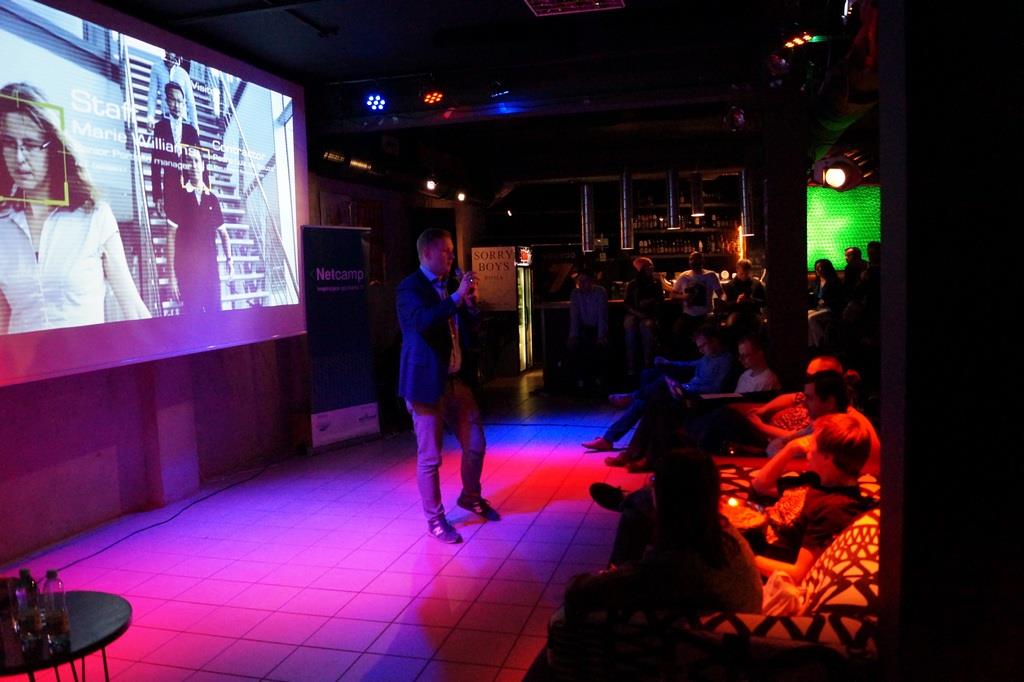
We are supporting startups by organizing Polish-German Startup Weekend and Nethack (city hackathon) and help to spread inspiring ideas as a main partner of TEDxSzczecin. We’ve been also a partner of many tech/startup events in Europe ( e.g. Democamp, E-nnovation, Infoshare, Bitspiration, ICT Summit, Startup Weekends, Tech Open Air Berlin, Startup Safary Berlin, Webit).
The Business Academy North
was founded in 2012 due to the efforts of local enterprises and is located in the Hanseatic City of Greifswald in Western Pomerania. Our media- and computer science school was founded in 2013 and commencement as a higher vocational school in technical assistant for computer science, electronics and computing as well as media design with an advanced technical certificate.
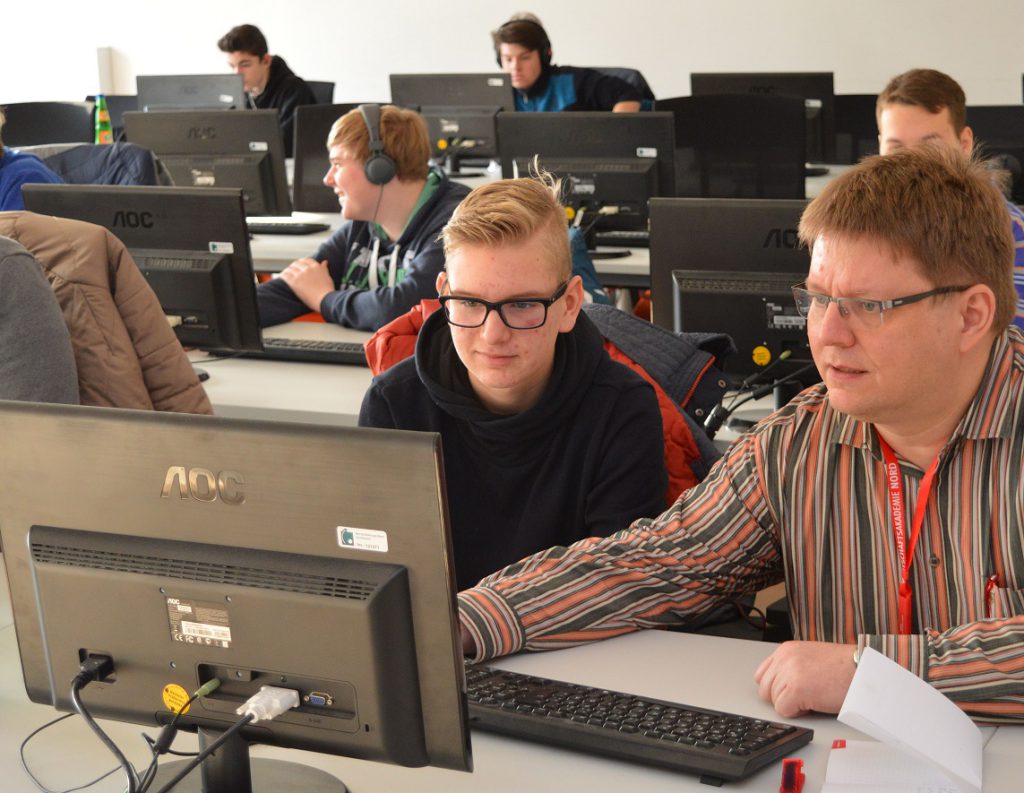
The healthcare- and nursing school was founded in 2014 and supplies regional and national nursing facilities for the elderly, clinics and health centres with highly qualified workers. Furthermore, it is dedicated to the advanced training of the permanent staff in those facilities, so that they become more versatile and keep stable in their jobs. With currently 256 students, 26 staff members and 54 external instructors the schools offer vocational training in media design, graphic design, information technology, electronics, healthcare and elderly care.
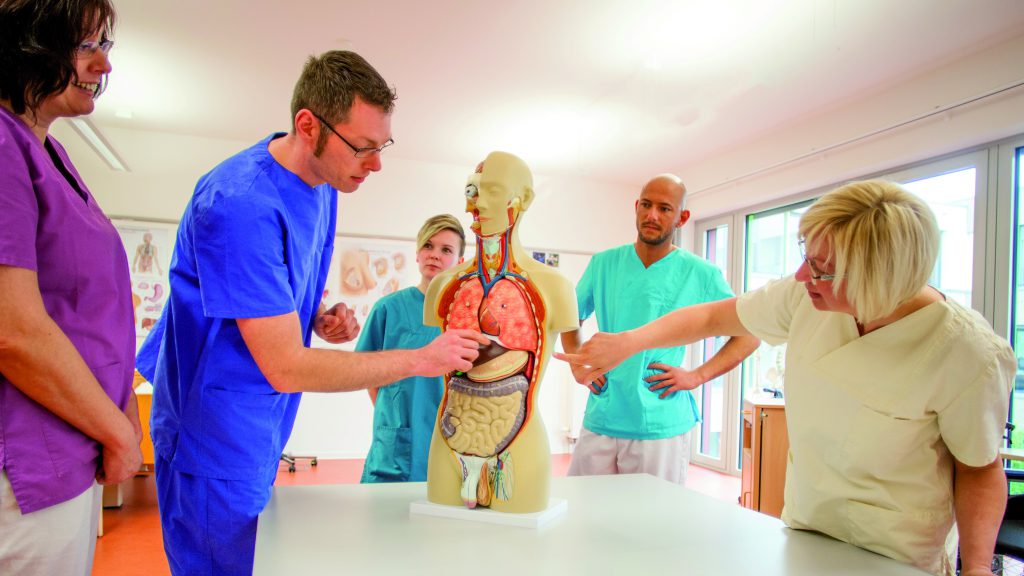
Besides we are doing a lot of different (education) projects for different institutions or agencies. Currently, we are doing application trainings, mediations of internships and excursions to local firms for nearly 2.400 students. We also organize two different summer-camps in Greifswald and Stralsund for 40 students with a vocational focus.
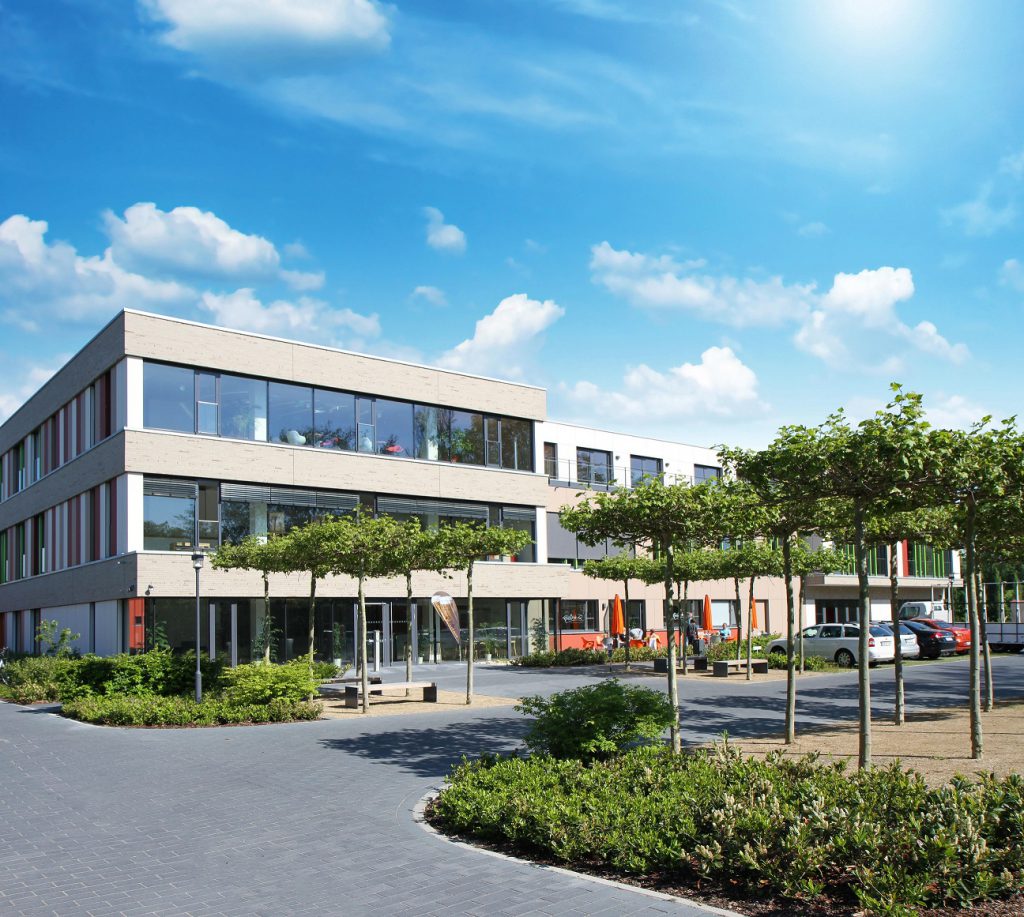
The Business Academy North is also a place for advanced and professional trainings for the local economy and their employees.
Museum of the World Ocean
Estonian Maritime Museum
IT-Lagune e.V. Germany
IZITEQ B.V
Mecklenburg-Vorpommern Tourist Board
City Culture Institute
Experimentarium
Museum Lolland-Falster

